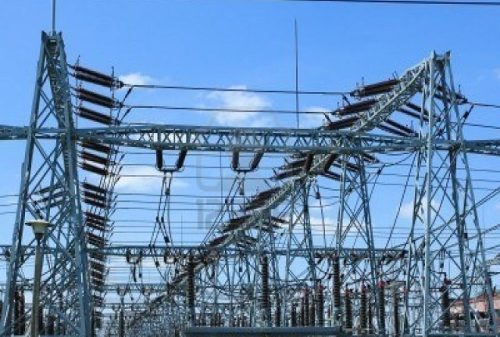The Nigerian Electricity Regulatory Commission, on behalf of the Federal Government, has granted 13 new licenses for off-grid and embedded power generation, independent electricity distribution, and electricity trading
The issuance of the new licenses took place in the third quarter of 2023, with a total electricity generation capacity of 40.9 megawatts by the licensees.
On other licences that were issued, the commission said, “One new licence for Independent Electricity Distribution Network, one new licence for trading, three off-grid generation licences, one embedded generation, and one IEDN licence.
The latest third-quarter 2023 report from NERC, under the section ‘Licences and Permits Issued or Renewed,’ disclosed that five new off-grid generation licenses, producing a total of 8.81MW, were granted during the review period. Additionally, one new license for embedded generation with a capacity of 5MW was issued.



